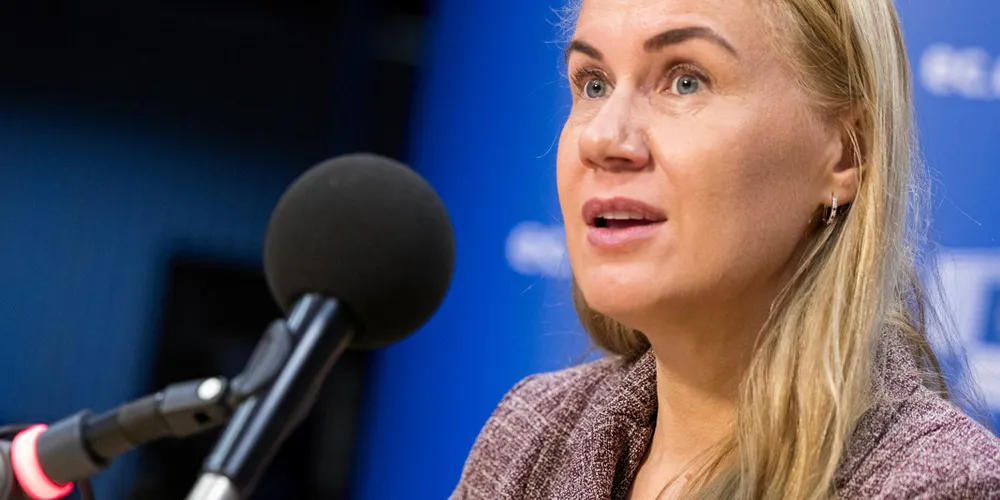'Everybody loves hydrogen' but now speed and scale up needed, high-level Berlin forum told
Widespread agreement on need to kick-start European hydrogen economy, but opinion divided on best source for green H2

Widespread agreement on need to kick-start European hydrogen economy, but opinion divided on best source for green H2
